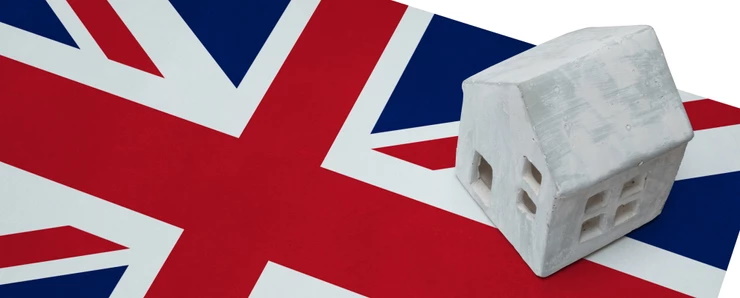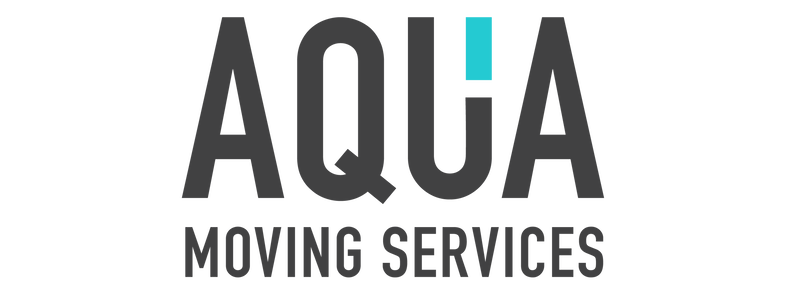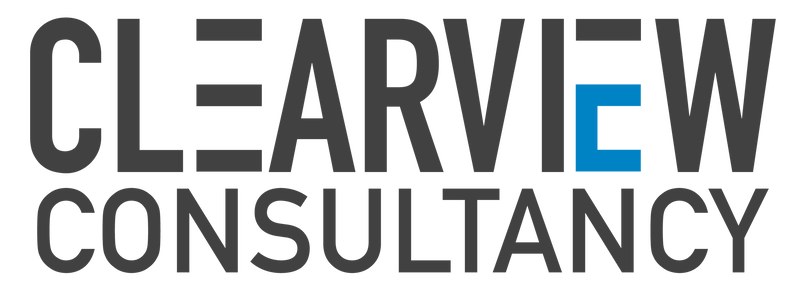
On 22 October 2020 parliament agreed several changes to the immigration rules. Most of these changes will come into effect between 1 December 2020 and 1 January 2021.
Changes to the Visitor route
UKVI are amending the visitor rules to:
- Permit study of up to six months under the standard visit route. All non-recreational study must be undertaken at an accredited institution. Recreational courses undertaken for leisure, that last no longer than 30 days and which do not lead to any formal qualifications, will not need to be undertaken at an accredited institution.
- Allow drivers on genuine international routes to collect as well as deliver goods and passengers in and out of the UK.
- Harmonise the extension rules for visiting academics undertaking the full range of permitted activities as academics.
- Remove the requirement for volunteering to be incidental to the main reason for the visit.
- Uncouple the sporting and creative Permitted Paid Engagement provisions. This will also allow us to start addressing the differing requirements of the two cohorts in a more tailored way.
Changes to Student route
- Students and their dependents who are allowed to work are permitted to work as postgraduate doctors or dentists in training to enable them to work in the NHS.
Changes applicable for EU, EEA and Swiss citizens
- EU, EEA and Swiss citizens arriving in the UK on or before 31 December who wish to work, study or visit the UK should not apply through the Points-Based Immigration System. If they want to stay in the UK after 30 June 2021 they should apply to the EU Settlement Scheme upon arrival in the UK.
- Commonwealth citizens can continue to apply for a UK Ancestry visa
Changes to the Intra-Company Transfer route
- Applicants must be in roles skilled to RQF6,
- No English language requirement but the worker had to be employed by the home company for a minimum period of 12 months before the transfer (3 months in the case of intra-company graduate trainees).
- Applicants earning at least £73,900 per year (reduced from £120,000) – do not need to meet a requirement to have been working for the home company for at least 12 months.
- The “cooling off” rules will be adjusted for intra-company transfers, so that an overseas intra-company transfer must not hold entry clearance or leave to enter or remain as an intra-company transferee for more than five years in any six-year rolling period, except where they qualify as high earners to be granted up to nine years in any ten-year rolling period.
- Those admitted on the route will be permitted to switch into the Skilled Worker route whilst still in the UK if they meet the qualifying requirements for the skilled worker route.
New Skilled Workers route
- The minimum skill level is reduced from RQF level 6 (university degree) to level 3 (A-level or equivalent).
- The Tier 2 cap is removed.
- The Resident Labour Market Test (RLMT) is not applicable.
- Sponsored workers continue to require a job offer from an approved sponsor (20 points), for a job at an appropriate skill level (20 points) and English language skills at B1, intermediate level, (10 points).
- The standard minimum salary requirement is reduced from £30,000 to £25,600 and the going rate for the occupation (20 points), but there is some flexibility for applicants holding relevant PhD qualification, Shortage Occupation list or new entrants to the labour market.
- The 12-month “cooling off period” and six-year maximum length of stay within this route are being removed.
- The £35,800 salary threshold for settlement applications is being removed.
- The Tier 2 (General) route will be closed to new applications from 1 December 2020. A person who has entry clearance or permission to stay on the Tier 2 (General) route and wants to extend their stay in the UK can apply for further leave, or settlement, under the Skilled Worker rules if they meet the requirements.
- All Skilled Worker applications, including Dependant partner and child applications, which are finalised on or after 1 December 2020 will be assessed by the Home Office as a new Skilled Worker rules, even if a Certificate of Sponsorship is used issued under the Tier 2 (General) rules. Sponsors will need to provide additional information via a “sponsor note” to allow Certificates of Sponsorship issued before 1 December 2020 to be used for a Skilled Worker application.
Changes to Financial Requirements
- The maintenance requirement for Skilled Workers, Intra-Company Workers, Tier 2 Ministers of Religion and Sportspersons, Innovators and Start-Ups, Tier 5 (Temporary Workers), including Seasonal Workers, Religious Workers, Charity Workers, Creative and Sporting workers, International Agreement Workers and Government Authorised Exchange Workers will be increased from £945/month to £1270/month and applicants are now required to show they have held the funds for 28 days.
- The maintenance requirement for Youth Mobility Applicants will be increased from £1890/month to £2530/month and applicants are now required to show they have held the funds for 28 days.
- Applicants now can provide electronic bank statements without certification by the bank on every page.
- Applicants can rely on a wider range of accounts, not just cash or cash savings, as long as the funds can be accessed immediately.
- For most dependants, the maintenance requirement is reduced from £630/month to £285/month for a dependant partner, £315/month for the first child applying and £200/month for each subsequent child.
- The maintenance requirement for Students will be £1334 /month in London and £1023/month outside London.
For further advice and information on immigration and travel to the UK, please contact us...



